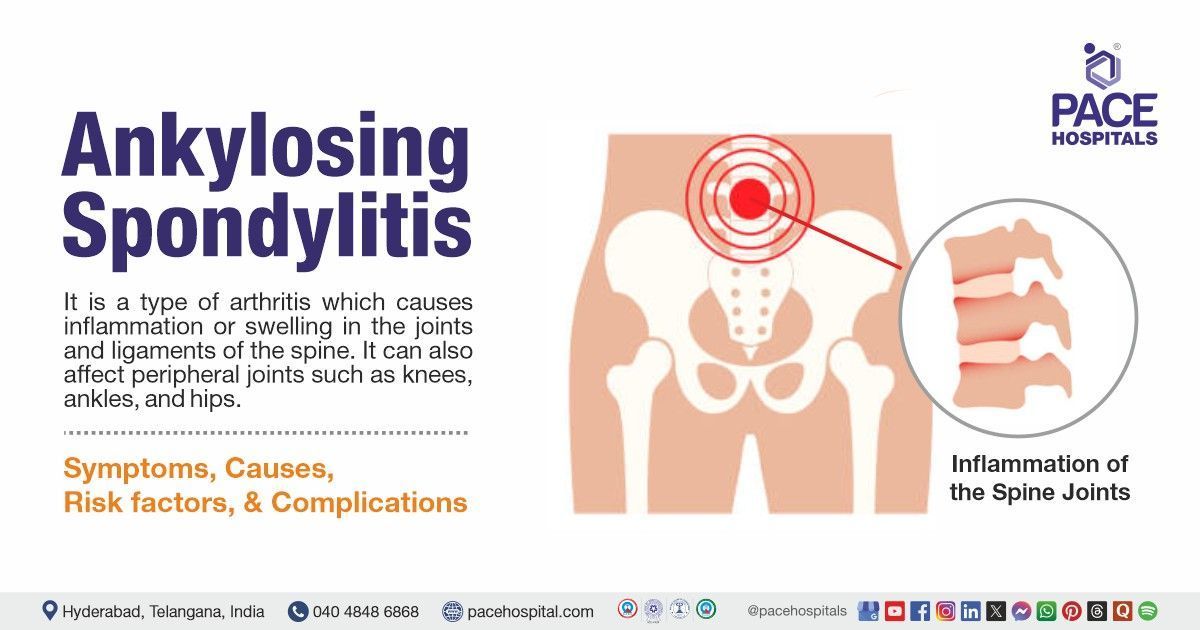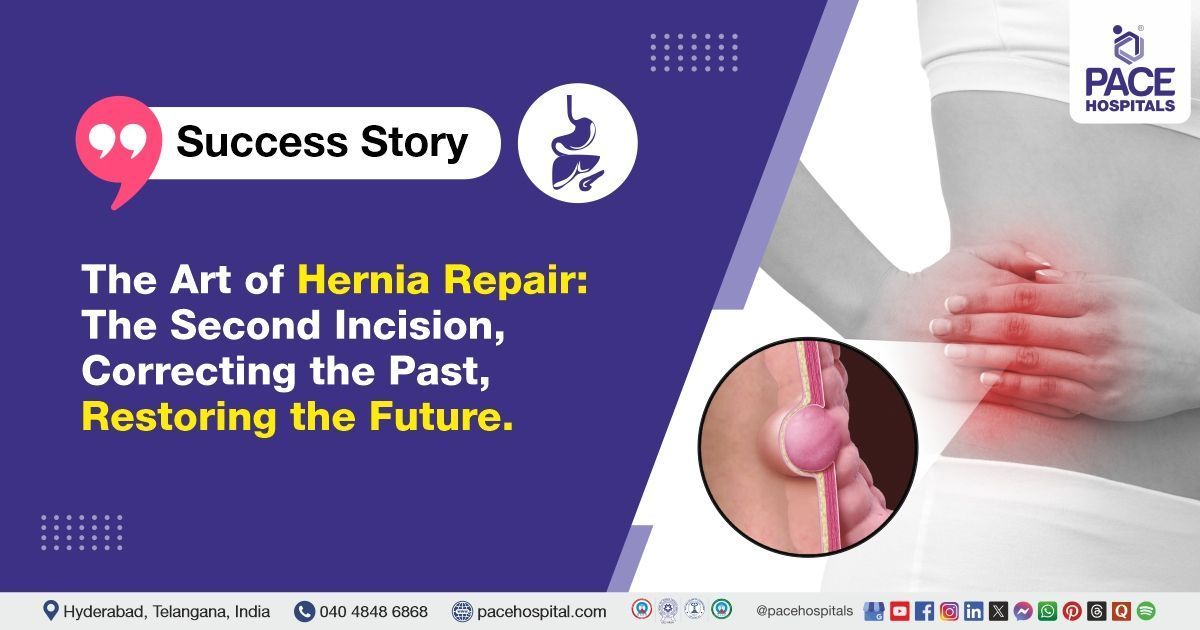What is Urethral Stricture Disease?
Stricture refers to a narrowing or a scar that develops along the urethra which can lead to blockages in the outflow of urine.Stricture (narrowing of the urethra) can happen at any point from the bladder to the tip of the genital organ. This narrowing restricts or slows the flow of urine in. Urethral strictures can lead to troublesome urinary symptoms, like poor urinary flow, painful urination, retained urine, recurrent urinary tract infections, and painful ejaculation.
What causes a stricture?
Men are more likely to have a urethral disease or injury because of their longer urethra. For this reason, strictures are more common in men. They are rare in women and in infants.
In many cases we do not know. Some of the most common causes are trauma to pelvis, urinary tract infections including sexually transmitted diseases, previous urinary catheters, radiation for prostate cancer, scarring from previous urologic procedures, and previous surgery for hypospadias.
What are the symptoms of stricture disease?
Irrespective of length of stricture, short or long, the flow is reduced. When a stricture is narrow enough to decrease urine flow, you will have symptoms like:-
- bloody or dark urine
- blood in semen
- slow or decreased urine stream
- urine stream spraying
- pain with urinating
- abdominal pain
- urethral leaking
- UTIs in men
- swelling of the penis
- loss of bladder control
How do you diagnose urethral stricture?
There are several tests to determine if you have a urethral stricture including:
- physical exam
- retrograde urethrogram
- urethroscopy (to see the inside of the urethra)
What are the preventions for stricture disease?
- Avoid injury to the urethra and pelvis.
- Avoid sexually transmitted infections.
- Infection can be prevented with condom use, or by avoiding sex with infected partners.
- Have plenty of oral fluids and appropriate medications to prevent recurrent UTI
What are the treatment options?
There are many options depending on the size of the blockage and how much scar tissue is involved.
Treatments include:
1. Dilation – enlarging the stricture with gradual stretching
2. Urethrotomy – cutting the stricture with a laser or knife through a scope
3. Open surgery – surgical removal of the stricture with reconnection and reconstruction, possibly with grafts (urethroplasty)
There are no available drugs to help treat strictures. Without treatment, you will continue to have problems with voiding. Urinary and/or testicular infections and stones could develop. Also, there is a risk of urinary retention (when you can't pass urine), which could lead to an enlarged bladder and kidney problems.
All patients who undergo any of the above procedures, require to follow up at regular intervals to look for any recurrence of narrowing. The success rate after open procedure is about 80-85% over a 5 years period. After surgery, if recurrence is detected, either endoscopic procedure or sometimes a repeat surgery may be needed.
Prevention
- Avoid injury to the urethra and pelvis.
- Be careful with self-catheterization
- Use lubricating jelly liberally
- Use the smallest possible catheter needed for the shortest time
- Avoid sexually transmitted infections.
- Gonorrhea was once the most common cause of strictures.
- Antibiotics have helped to prevent this.
- Chlamydia is now the more common cause.
- Infection can be prevented with condom use, or by avoiding sex with infected partners.
- If a problem occurs, take the right antibiotics early. Urethral strictures are not contagious, but sexually transmitted infections are.
Summary
- Urethral stricture is much more common in men than in women.
- Any inflammation of the urethra resulting from injury, trauma, previous surgery, or infection can cause urethral stricture.
- Symptoms of urethral stricture can range from no symptoms at all to complete urinary retention.
- Imaging studies and endoscopic evaluations are important tools in the diagnosis of urethral stricture.
- Medications generally play no role, and surgical procedures remain the mainstay of treatment for urethral stricture.
- The overall prediction for urethral stricture is good.













